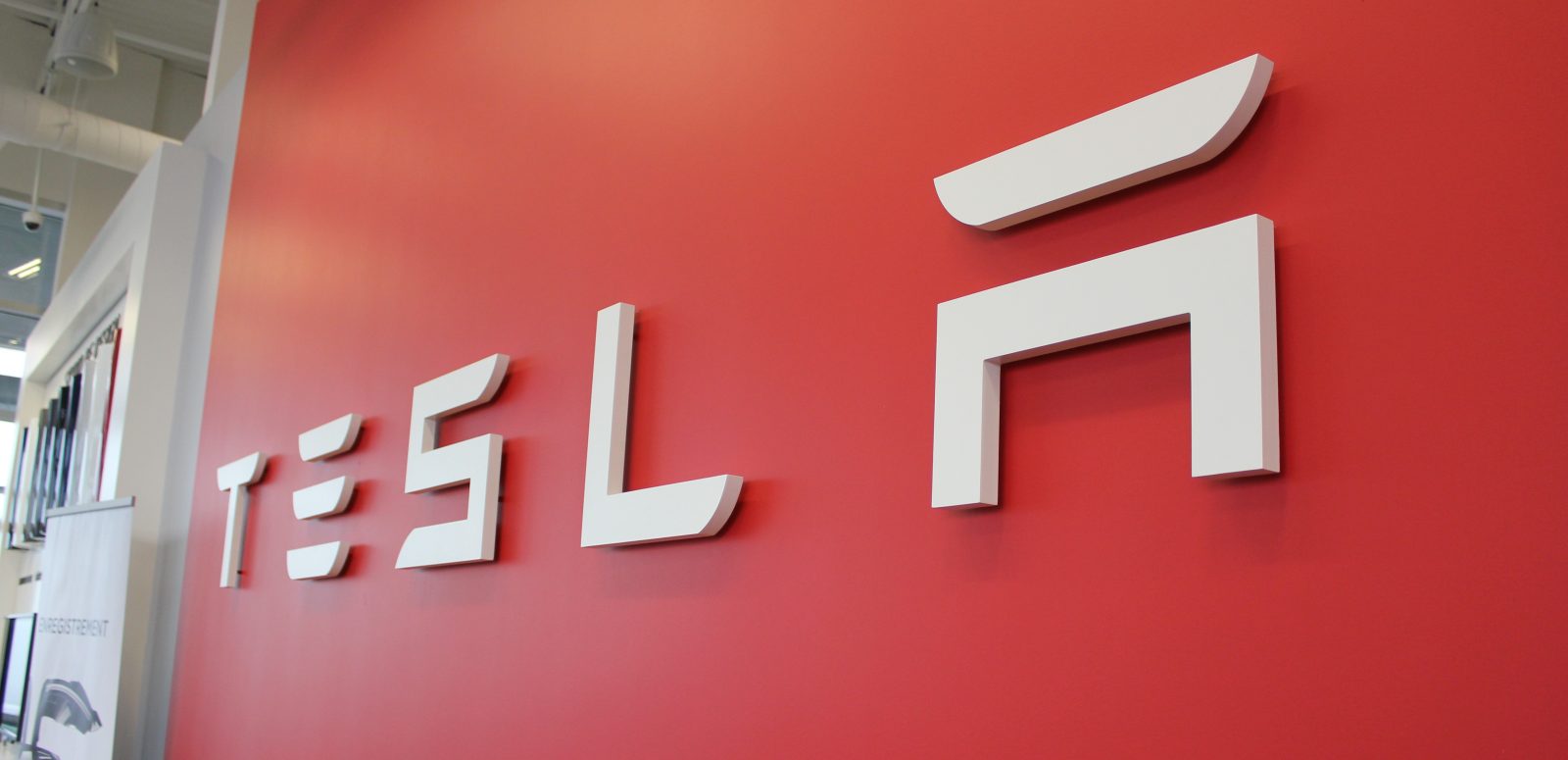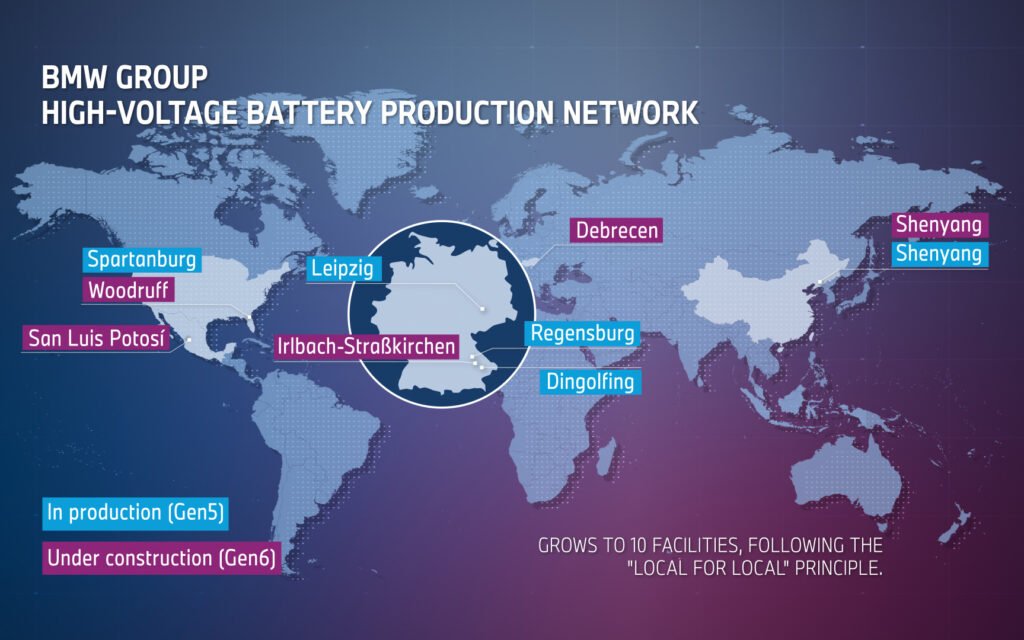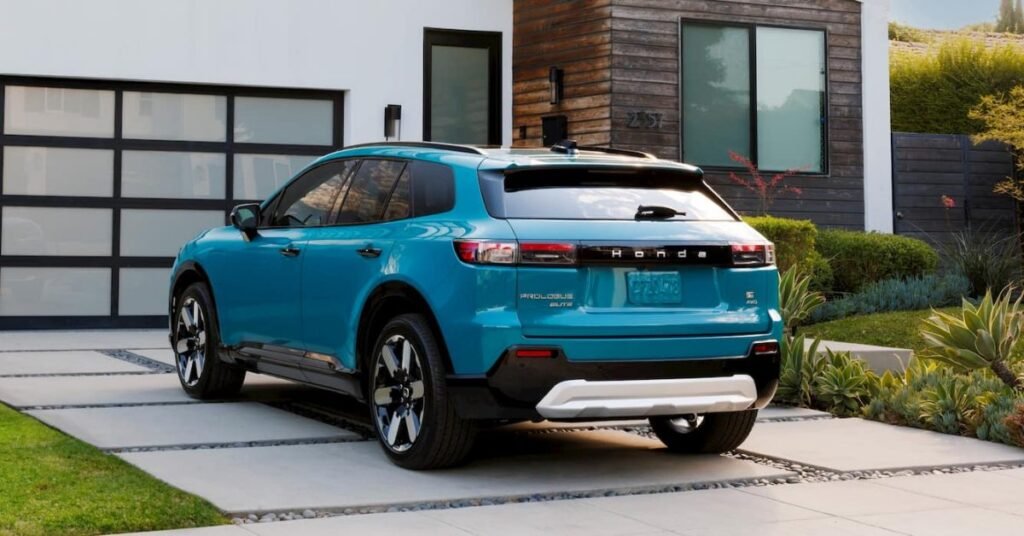
I fully divested from Tesla (TSLA), selling all my shares. I’m going to try to explain why. At Electrek, we like to be clear about our biases rather than claim we have none.
I’ve followed Tesla since 2008 and invested in the company after it went public in 2010. I started writing about EVs, and especially Tesla, full-time in 2015.
I invested in the stock mainly because I fully supported Tesla’s mission to accelerate the advent of electric transportation. I thought then, and still do today, that a combination of battery-powered vehicles, with the ethical sourcing of raw battery materials, battery recycling, and renewable electricity production to power electric vehicles, is the only solution to making the transportation sector long-term sustainable while decarbonizing it.
Over the years, I had become a fan of electric vehicles, but I was clueless about how they could become mainstream until I read Elon Musk’s 2006 ‘Tesla secret master plan’. The plan made sense to me: make a high-end electric vehicle that is uncompromising against its gas-powered counterparts. Once you prove that it can be done, make increasingly cheaper and higher-volume EV models with the same approach.
That sounds simple, but it was a difficult task from an engineering perspective. Either way, it seemed to be the only way to meaningfully move the industry toward battery-electric vehicles.
On top of Musk’s blog post, which Tesla has recently removed from its website, I was also convinced by lectures given by Tesla’s original two co-founders, Martin Eberhard and Marc Tarpenning.
While these guys have been forgotten by many as part of Tesla’s history, partly due to Musk’s own effort, I credit them as early pioneers of the electric revolution. They were great early communicators of the feasibility of electrifying the auto industry and the necessity to do it.
Not without hurdles, Tesla did it. I am not going to recap Tesla’s entire incredible history, but the company was successful in convincing the world and the auto industry that electric vehicles are here, here to stay, and the future of the industry — something that most were denying less than a decade ago.
Tesla engineered and designed several highly competitive and attractive EV products, managed to ramp them up to millions of units, and forced the rest of the industry to invest hundreds of billions of dollars in electric vehicles.
This was possible due to a lot of different factors. A lot:
- The vision of Tesla’s early leadership
- Elon Musk’s early funding and leadership
- The incredible talent that the mission attracted, including many early employees that became critical to Tesla, like JB Straubel, Drew Baglino, Deepak Ahuja, Franz von Holzhausen, and many more
- The support of early investors like Antonio Gracias, Sergey Brin, Larry Page, Jeff Skoll, and Steve Jurvetson, among others
- The support from other automakers, like Daimler and Toyota, who both invested in Tesla at a critical time
- Government support was a big one, especially California’s support. California regulations, which spread to other states in the US known as ‘CARB states’, were critical in Tesla’s early success and were also factors in Daimler and Toyota’s investments as the automakers made deals with Tesla to help them produce EVs to comply with the state regulations. Later, the federal EV tax credit helped, the IRA helped, the solar tax credit, and more also helped.
- The support from passionate owners
- The support from passionate retail investors
I’m most likely forgetting some factors, but these are some of the most important ones, in my opinion.
Many will say that they weren’t equally important, and that might be true, but I seriously doubt that Tesla would have survived if you removed any of these factors.
If you contributed to any of these factors, it’s my personal opinion that you should be proud to have contributed to the electrification of the auto industry.
The Shift
In the last few years, Tesla has become a widely different company. My main issue with this shift is that I no longer feel like the original mission to accelerate the advent of sustainable transport or renewable energy is a priority.
Now, it’s all about AI, self-driving, and robots.
I’m not saying that those things are wrong or that they will not happen. I think all these technologies are important and will transform the world, but it’s simply not what I invested in.
I would also argue that Tesla is not the same company, which makes sense since the company is no longer about its mission.
That’s my main issue. It can’t be more evident than Tesla’s EV deliveries tracking down year-over-year for the first time in a decade, Musk canceling EV programs in favor of Robotaxi, and even the CEO going as far as saying that “Tesla is worth nothing without self-driving.”
My other issue is the leadership. I don’t trust Elon Musk anymore. I think a combination of social media addiction and the cult of personality around him has broken his feedback loop and set him on the wrong path.
I think he disqualified himself from running Tesla or any public company when he started threatening to breach his fiduciary duty to shareholders if he didn’t get 25% control over Tesla.
On top of my distrust of the CEO, I think that his own changes in the last few years, combined with the shift away from the mission, have driven a lot of the rest of the leadership away:
As part of my job, I track the comings and goings of top talent at Tesla very closely, and in the last few years, I’ve seen tons of high-level departures and very few new top hires.
There’s still a lot of great talent at Tesla, I’m not denying that, but I think it’s also clear that there has been a significant talent exodus at Tesla, especially over the last year.
Despite these issues becoming clear to me over the last few years, I remained a shareholder because I naively thought things could go back to normal. I thought maybe Musk would wake up from his social media-fueled madness, or shareholders would give him the boot.
This brings me to my next issue: I am becoming unaligned with the majority of Tesla shareholders.
It couldn’t have been clearer when 73% of them voted to reinstate Musk’s ~$50 billion compensation package without any change after a legal discovery process showed that the board and the CEO didn’t follow due process in getting the original shareholder vote.
Some greedy lawyers and a courageous judge gave Tesla shareholders an opportunity to tell Musk and Tesla’s board that the company deserves proper governance and not be “run like a family business,” as Tesla’s largest independent investor said.
The timing was incredible. The opportunity came right after:
- Musk threatened shareholders to not build products he himself claimed were critical to Tesla if he didn’t get 25% of the company
- He sold tens of billions of dollars worth of Tesla shares to buy Twitter, said he would stop selling and yet kept going
- He entirely lost his mind for a while and challenged Mark Zuckerberg to an MMA fight, then chickened out (I thought this was all a joke at first, and it might have been at first, but it undoubtedly became not a joke)
- Musk seemed completely uninterested in Tesla for about a year, when he was running Twitter, SpaceX, Neurallink, the Boring Company, and xAI – with many of those companies recruiting from Tesla. Then, he returned and fired 15-20% of the company, including the entire charging team for no good reason.
- Finally, he canceled the stock options of Tesla employees
The last one was a big one for me. Musk had just canceled the stock options for Tesla employees just a month before the judge’s decision to rescind his own stock option package. Right after the judge’s decision, Musk got interested in Tesla again, started talking about the company more, and, of course, started to fight to get his own stock options back.
In his view, his stock options are essential, but those of Tesla employees? Less so.
I thought that Tesla shareholders would see the hypocrisy in this. They would see that Musk has become a burden at Tesla more than an asset.
Instead, despite all those factors, Tesla shareholders convinced themselves that it was “the right thing to do” to give more money to the wealthiest man in the world. Not only that, they made “lists” of shareholders who said they were voting against the package and told them to go ‘f*ck’ themselves and that they wouldn’t be part of the Tesla community anymore.
I don’t want to be a part of that anymore. I still love many of Tesla’s products and I will keep reporting on them, but I am completely unaligned with the investor base, so I don’t think it makes sense for me to be a shareholder anymore.
Finally, and for full disclosure, the last reason why I sold has nothing to do with Tesla. I see a lot of signs that we are entering a recession. I prefer to be more liquid in those situations, and Tesla is up 10% in two days for seemingly no reason, so it felt like a good time to get out since I don’t feel aligned with shareholders.
I sincerely hope the best for them, though. I know that many of them are well-intentioned people. That said, I recommend caution as I think you are also in the company of low-moral individuals who are poisoning the TSLA community.
FSD side note: what if Tesla does solve self-driving? I am mentioning it because I know this is something that keeps a lot of people in, but there’s no FOMO for this MOFO. If it happens, it happens. I’ll celebrate it and shed a tear for my wallet.
I’m the first to admit that if Tesla can solve self-driving with its approach, it would result in unprecedented value creation, but I am simply not convinced that this will happen anytime soon or before others can solve it.
Why? As a Tesla shareholder, you have two options: take Elon at his word or trust the data.
For the reasons mentioned above, I don’t trust what Elon says, so we can forget about the former.
As for the latter, despite Tesla now openly using miles between interventions as a metric to track FSD progress, the automaker has never released this data. This is a giant red flag.
For the data, we have to rely on our own experience with the system and the experience of others. I’ve had Tesla FSD for years and I’ve been impressed at times and unimpressed other times. The only thing I’m certain of based on my experience is that it is currently nothing close to an unsupervised self-driving system.
We can also use the crowdsourced data, which is limited, but the best we have since Tesla refuses to release its own:


The average of the v12.5.1 versions, the latest to be released, is 32 miles between disengagement and 128 miles between critical disengagement.
This compares to 30 miles between disengagement and 189 miles between critical disengagement for v12.3.6, which is the last FSD version that went into a wide release earlier this year.
Elon is talking about 3x that this month and maybe 6x that next month. He has been consistently wrong about these predictions, but even if he was right, most experts are talking about 400x to 1,000x needed to achieve an unsupervised robotaxi service.
Even with exponential growth, this will take way longer than what Elon is claiming right now. Then, it needs to make that work on the current hardware and the HW3, which is already running a smaller model than HW4.
If the Tesla investment thesis relies on this program to work, which is what Elon himself is saying, it’s a pass for me.
FTC: We use income earning auto affiliate links. More.


